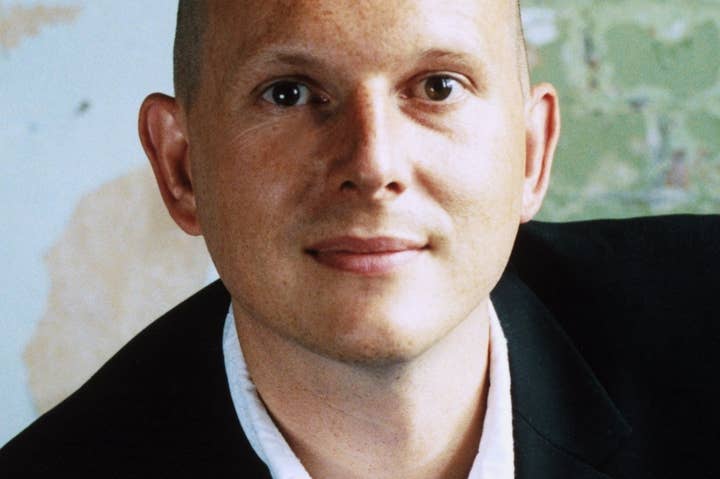Harrison welcomes hardware competition but urges caution
Yesterday's press briefing shows a Microsoft looking to expand, consolidate
Yesterday's UK press briefing from Microsoft may have been focused on the official naming of new London studio Lift and the introduction of new executive appointments, but it was in the question and answer session which followed that Phil Harrison's projected vision for the company became clearest.
Fielding questions from the press after presenting Lee Schuneman as the head of the new Lift outfit, Harrison gave some indications, both strong and subtle, about where the corporation might be placing its bets.
Responding to a question from GamesIndustry International about whether there was any interest or concern from Microsoft about the emergence of so many new potential hardware rivals, Harrison welcomed the competition, but urged caution for any company looking to break into the market.
"I think that, without referring specifically to any company or product, that any new entrant into the games industry is ultimately a good thing because it helps validate, grow and enhance consumer excitement and consumer interest in our category. Ultimately it's a win for everybody.
"Entering the hardware business is a really tough business," the executive continued. "You have to have great fortitude to be in the hardware business and you have to have deep pockets and a very strong balance sheet. It's not possible for every new hardware entrant to get to scale.
"They can be successful at small scale. But it's very rare for a new hardware entrant to get to scale, and I mean tens or hundreds of millions of units. There are a very small number of companies that can make that happen.
"And it's not just having a great brand or a great software experience. It's about having a supply chain and a distribution model and a manufacturing capacity and all the things that go with it. It's a non-trivial problem to solve and it takes thousands of people to make reality."
Harrison was also keen to stress that the vision for the Microsoft brand extends well beyond its current horizons. Repeatedly referring to a plan to expand the company's properties beyond their traditional homes, as well as a move away from producing boxed product to the curation of services, Harrison also explained that the company wouldn't be abandoning its core principles, clarifying that both gaming and disc-based media were very much part of the future.
"Windows 8 has really extended the Xbox brand out of the living room, across a series of devices," said the former Sony executive, now head of Microsoft's EMEA studios. "It is now the Microsoft entertainment brand. Xbox Music, Xbox Video and Xbox Games now touch the PC, the Surface and the phone.
"You will see more of this. You'll see increasing use of the Xbox as a brand that means entertainment for Microsoft. It means more than just games for us.
"That doesn't mean that the living room is no longer important to us. Far from it," he reassured.

